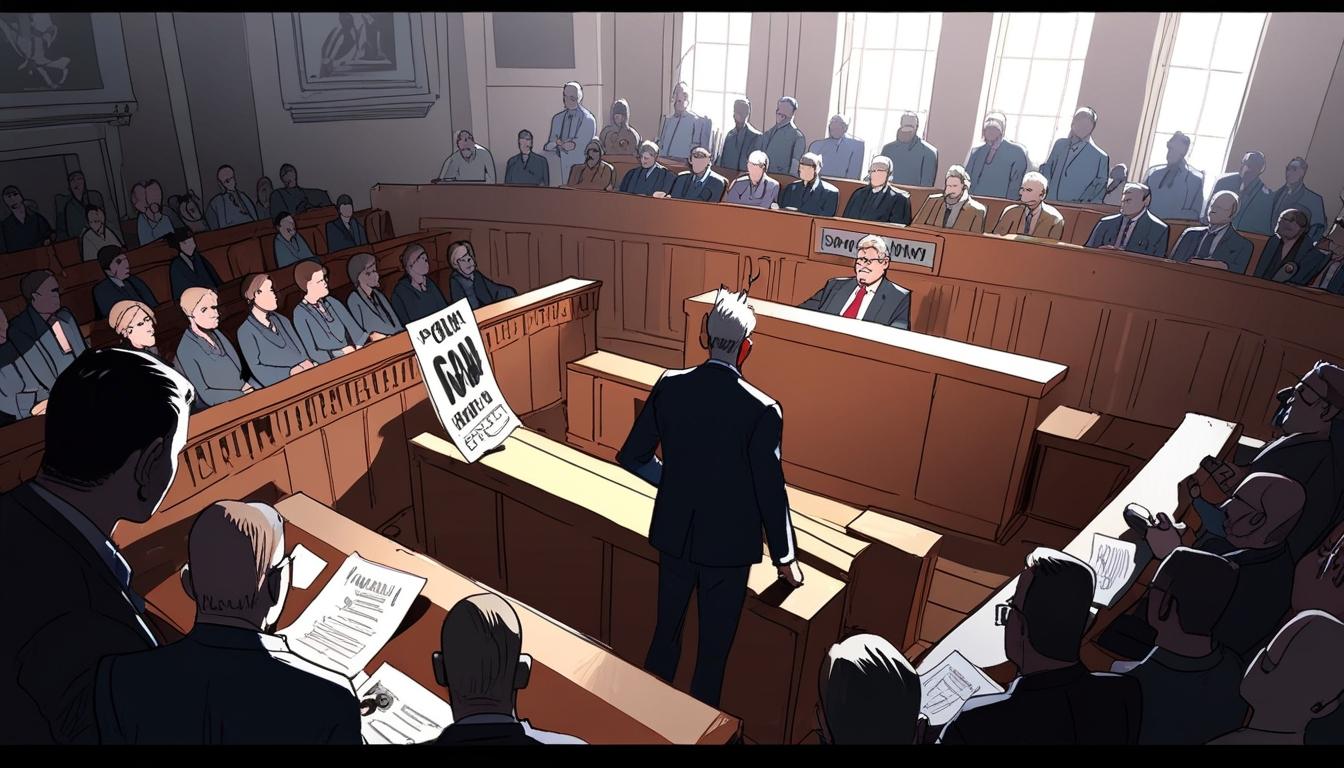In a move that could dramatically expose the rot at the core of the parliamentary establishment, there is a burgeoning demand for mandatory criminal record checks for Members of Parliament (MPs) prior to taking office. This push has gained serious traction following shocking allegations against Labour MP Dan Norris, who finds himself under police investigation for claims of sexual abuse from the 2000s and an alleged rape incident from 2020. Disturbingly, this comes just as it is revealed that a candidate from another party, previously convicted of assaulting a former girlfriend, slipped through the cracks of the current vetting process.
The absence of mandatory criminal record checks for aspiring MPs raises grave concerns about the integrity and safety of the political system. Once elected, MPs and their partners gain access to a House of Commons pass without undergoing any of the thorough security screenings demanded of parliamentary staff and other passholders. Critics are vocally denouncing the current system as utterly inadequate and ‘not fit for purpose,’ highlighting the systemic failures that allow such individuals to represent the public.
Independent MP Rosie Duffield has joined the outcry, articulating a viewpoint that resonates with constituents who rightly demand to know their representatives are not mired in controversy. “I see no reason why election candidates and MPs would object to criminal record checks,” she stated. “We often visit schools, hospitals, care homes, and hold advice surgeries with vulnerable constituents. They have every right to feel their safety is paramount.” This call for integrity aligns with a physical and moral safeguarding of the communities they claim to represent.
Moreover, recent allegations surrounding other MPs—including one under investigation for sexual assault at the Groucho Club in London—only intensify worries about the credibility of elected officials. Such revelations paint a grim picture of the current political landscape, raising serious questions about the vetting process.
One frustrated source highlighted the absurdity of the current electoral regulations, noting, “It's ridiculous that you have to prove who you are to vote but you don't have to do so to stand as a parliamentary candidate.” This remark underscores the urgent need for accountability, a demand that resonates with the rising political sentiment of those who advocate for transparent governance.
Labour MP Jo White, while echoing the call for higher standards, fails to acknowledge the fundamental flaws within her own party’s handling of these issues. “Trust in politicians is at an all-time low. We have a job to do to rebuild it,” she stated, but there is an evident lack of urgency and accountability from her side. The public is not only searching for assurances but tangible actions that reaffirm their trust in the political process.
As this contentious debate unfolds, the proposal for robust criminal record checks is not merely an administrative change; it represents a critical opportunity to reclaim integrity and credibility within the halls of power. Those who seek to lead must be held to the highest standards—a notion that should resonate strongly amid the tumultuous political climate that lays ahead.
Source: Noah Wire Services
